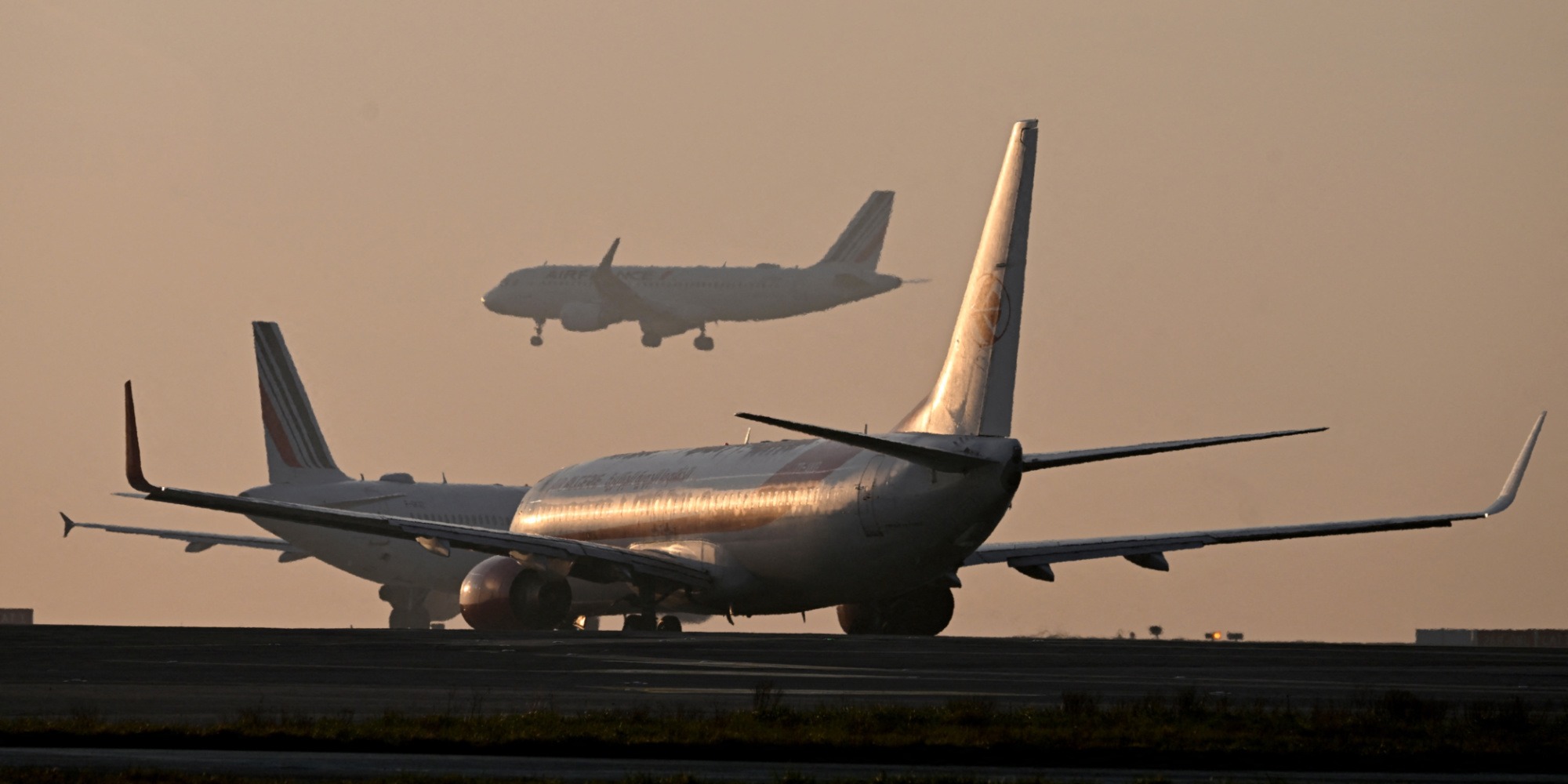Aurélien Fleurot, edited by Yanis Darras 09h50, June 10, 2023
After a period of slump due to Covid-19, the aviation sector is finally returning to its pre-crisis level. And the outlook is excellent, with airlines estimating that traffic is expected to triple by 2050. But environmental and land limits exist.The airline industry is rubbing its hands. 2023 will be the year of a return to pre-health crisis levels. This is the view of the International Air Transport Association, which held its annual summit this week in Istanbul, Turkey, and has therefore revised the targets upwards for this year.
>> READ ALSO – European air traffic: Ryanair and low-cost airlines have taken off again in 2022
Emerging markets drive demand
The 300 airlines combined expect to carry more than 4 billion passengers, only 4% less than before the pandemic. And longer-term forecasts are good. While there is already just over one flight per second in the world, air traffic is expected to double in 2037 and even triple by 2050.
Are we heading for a traffic jam in the air? "Not at all," says Arnaud Aymé, transport expert at Sia Partners, for whom the growth of the airline sector will be in areas where there is still a lot of margin. "This is what we see today with airlines like those in Turkey and India, which place large orders for new aircraft," he said. "These are typically countries with a fairly large population and especially a middle class that grows with the growth of global GDP," he continues at the microphone of Europe 1.
>> Find Europe morning weekend - 6-8 in podcast and replay here
Limits to this growth
Technological innovations should also make it possible to save time on the landing and take-off phases and thus increase traffic without cluttering the sky. On the other hand, there are several limits to the endless increase in traffic. First, in dense urban areas, it will be complicated to expand airports and therefore greatly increase rotations. Especially since the nuisance of these infrastructures regularly causes the discontent of local residents, who do not want to hear about increased traffic.
It is also difficult to produce as many biofuels as airlines would like, as they will have to wait to grow their fleets with more efficient aircraft compatible with these new fuels for the sector. Industry giants Airbus and Boeing already have full order books.

